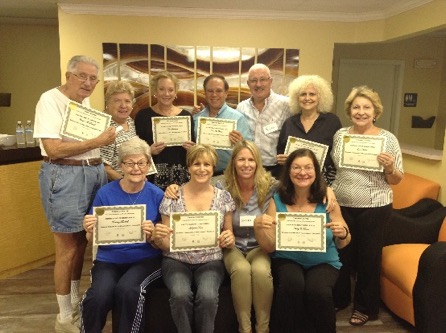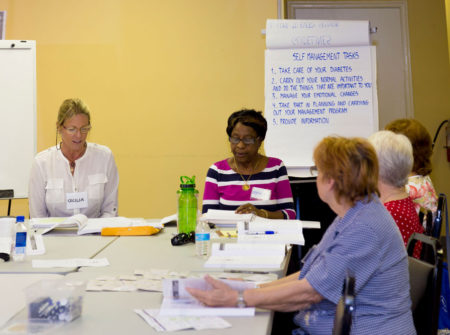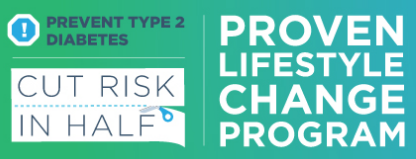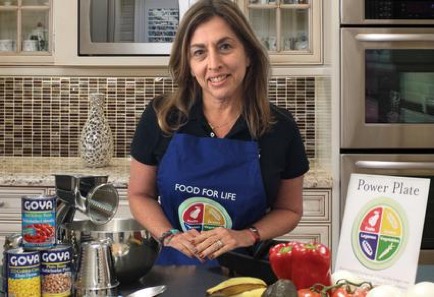It is the process within which the program is taught, that makes it effective. Sessions are highly participative, where participants empower themselves and each other. Mutual support and success build the participants’ confidence in their ability to manage their health and maintain active and fulfilling lives.
Certified through Stanford University School of Medicine, Delray Community Wellness Center offers Stanford University’s community-based, Chronic Disease Self-Management Program for seniors. The goal of this initiative is to “improve the triple aims of better health, better health care, and reduced costs.”
The Chronic Disease Self-Management Program is a six-week, evidenced-based program, that meets once a week for two-and-a-half hours.
Members having different chronic health conditions attend together. Studies have shown that individuals participating do better than non-participants in all of the subject areas addressed. Workshops are facilitated by two trained leaders, one or both of whom are non-health professionals with chronic diseases themselves.







